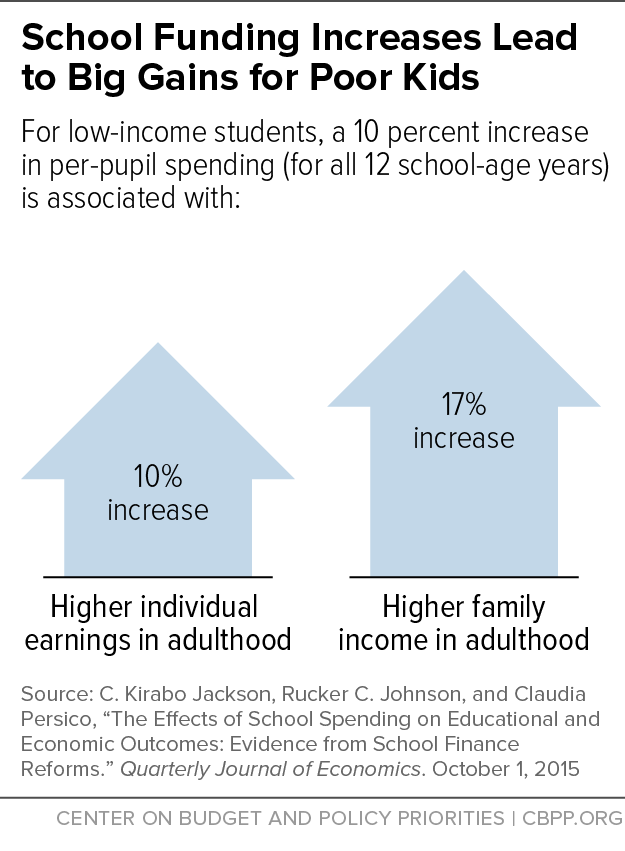BEYOND THE NUMBERS
As teacher strikes bring attention to underfunded public schools, families and education advocates are suing to compel states to uphold statutory or constitutional obligations on education funding. But policymakers could avoid court disputes altogether by ensuring the proper level and distribution of money in their K-12 budgets.
Twelve states — Arizona, Arkansas, Delaware, Florida, Iowa, Kansas, New Mexico, New York, North Carolina, Pennsylvania, Tennessee, and Washington — face lawsuits on the adequacy or equity of their school funding, according to the Center for Education Equity. Some of these states are being sued for insufficient school funding, like Arizona, where districts are entitled to adequate funding established in the state’s constitution. Adequately funding schools helps increase high school completion, close achievement gaps, and create a clearer path to economic growth and opportunity, studies show.
Pennsylvania is among the states facing suits for both inadequate and inequitable distribution of funding, particularly to districts with high concentrations of children living in poverty. Equity is important because all kids deserve a good education. Achieving it often requires providing more resources to high-poverty schools and schools with high shares of kids of color. But nationally, school districts serving the most black, Hispanic, and American Indian students receive significantly less state and local funding than districts serving the fewest.
States that adequately and equitably fund schools can better implement reforms — like expanding early learning, reducing class sizes, and improving teacher quality — that improve educational outcomes, especially for children of color and those in economically struggling communities (see figure).
In contrast, school districts that cut funding risk lower high school graduation rates and lower test scores. For example, for every 10 percent in spending cuts that school districts made in the aftermath of the Great Recession, graduation rates fell by 2.6 percentage points, according to one recent study.
Investment in K-12 schools is crucial for communities to thrive and the economy to offer broad opportunity. State lawmakers play an important role in improving these investments, and state courts are critically important when those lawmakers fail — as too many have done in recent years — to make education funding a top priority.

